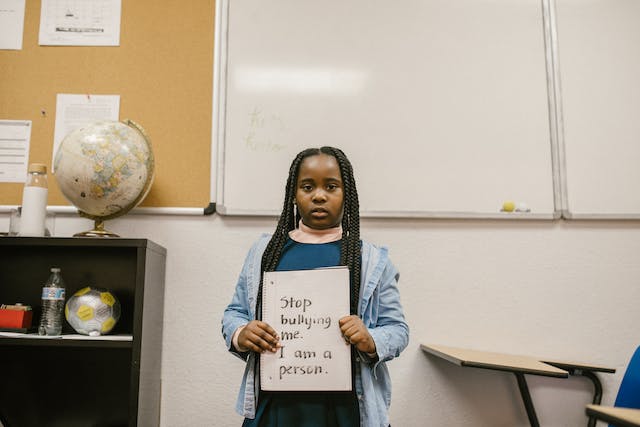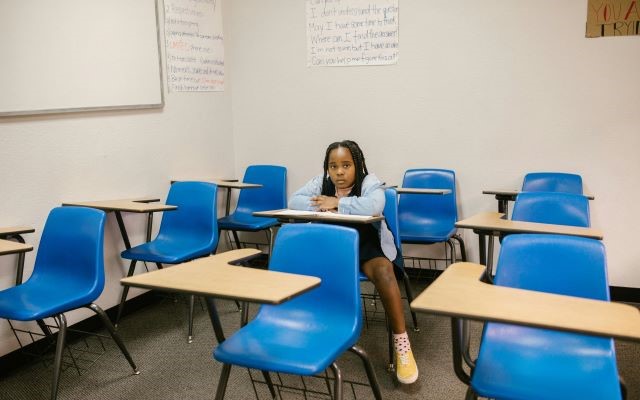Navigating the school environment can be a complex journey for children, filled with social dynamics that often fluctuate. While some kids effortlessly forge friendships and adapt to their surroundings, others may struggle to find their place. Recognizing the subtle signs that indicate a child is having difficulty fitting in is crucial for parents, educators, and caregivers. Early intervention can make a significant difference in a child’s emotional well-being and academic success. According to the experts, here are a few signs that your child isn’t fitting in at school and what to do about it.

According to Allison Taylor, PsyD, a New York-based clinical psychologist who works with children and adolescents, there are several potential signs to look out for that indicate your child may not be fitting in well at school. In a recent interview with Parents.com, Dr. Taylor stressed that those signs include:
- Lack of enthusiasm: Your child may not be excited to go to school and that can escalate into school avoidance/refusal.
- Not being vocal about school: They may not have much to share about their day when they come home, even when you ask them questions.
- Somatic symptoms: That can include unexplained stomach aches and/or frequent visits to the nurse at school.
- Changes in mood: For example, they may exhibit signs of anxiety and/or sadness.
Per Parents.com, a 2020 study found that up to 29% of high school students and up to 27% of middle level students say they do not feel that they belong in their school. A 2022 poll showed that of 1,000 high school students, nearly half of them feel they don’t belong.

So, just what are the reasons children feel as if they do not belong or fit in at school?
Well, a few reasons include: bullying, not seeing themselves reflected in the class make up, cultural differences, class status, teacher connectivity, etc. Needless to say, if a child is feeling that they don’t belong, this will unquestionably lead to feelings of sadness, withdrawal, and continue down a path where students will ultimately begin to experience “lower academic achievement, less social engagement, and poor mental and physical health.”

What can parents do to help?
As experts explain, parents should most definitely be on the front lines of letting their children know that they are there to help if they witness any of the outlined signs. Parents can help by:
- Checking in with children to make sure that they know that they have a safe space to allow them to speak freely. Make sure that you are using open-ended questions in order to let them drive the conversation.
- Get them books with characters that are going through the same things that they are.
“Seeing themselves in the characters may provide comfort in the sense that they don’t feel alone in their struggles,” says Dr. Taylor. “Using the characters in books as symbolic representations to work through struggles allows for children to explore and gain understanding without the risk of becoming emotionally overwhelmed.”
- Share some of your experiences that may resemble what your child is going through. This will let them know that if you made it through, so will they!
- Connect with school officials to delve deeper into what is going on in the classroom and/or on campus.
- Seek professional help when needed.
Recognizing the warning signs that a child is struggling to fit in at school is essential for fostering their emotional well-being and overall development. By remaining attentive and supportive, parents can create an environment where children feel safe, valued, and connected.







